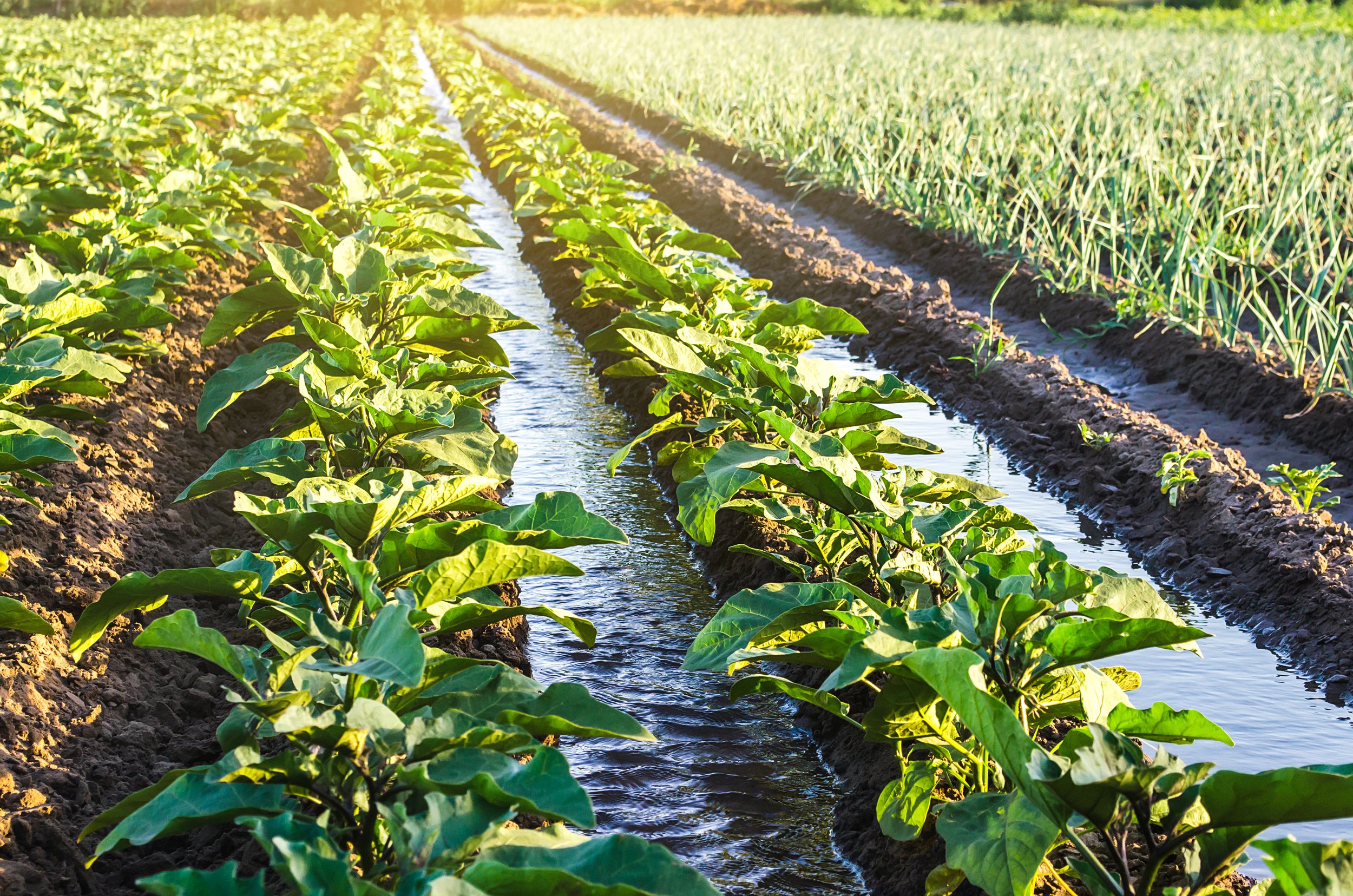Investment and performance
A contemporary approach to transaction advisory, asset consulting, investment and sustainable finance services.
-
Development of monitoring and evaluation and performance frameworks, selection of indicators across economic, social, environmental and cultural factors, alignment with regulatory and other reporting requirements.
-
Evaluation and presentation of the potential financial and strategic value of an investment opportunity including market analysis, financial projections, risk assessment, leverage and exit strategy.
-
Legal and negotiation services including bespoke transactional support services; contracts, transaction management, transaction negotiation, and post-transaction advice including post-merger integration.
-
We assist clients in understanding and leveraging environmental and sustainable finance instruments, from carbon credits to biodiversity to reef credits. Our team helps develop and implement strategies for environmentally exposed enterprises to understand, value, and engage in nature markets.
-
Intermediary services to structure deals and engage with institutional and other financial services providers around capital and project finance requirements, identifying and screening potential transactions or counterparties, and manage the process from idea to contract.
-
Intermediary and transaction advisory support with a lens on social and environmental performance, building enduring partnerships between government, capital and operating partners.
-
Independent third-party assessments of the benefits and risks of proposed transactions, from a strategic, legal, financial and operational perspective, with real asset due diligence services for institutional investors.



Case study: Taking agriculture to $100bn at the farm gate
The Australian National Farmers’ Federation has established a target to grow the value of Australia’s agriculture, fisheries and forestry sector to $100 billion by 2030. The ambition will require a more than 50% increase in the sector’s contribution to Australia’s gross domestic product (GDP). However, growth across agricultural industries has stalled in real terms, and AgriFutures Australia commissioned Natural Capital Economics and Acclimate Partners to quantify the value of investment needed to meet the sector’s growth target.
Our engagement included evaluating opportunities for the sector to attract sustainable finance, including green credit and ESG investment, in addition to traditional equity and debt capital. We were responsible for engaging the global and national agricultural investment community to understand the barriers to investment, including the sector’s risk profile and regulatory conditions affecting institutional investors.
The resulting report was nominated for the AgriFutures Australia “Researcher of the Year Award” and has successfully influenced the Australian Government’s Innovation Roadmap, published in 2022.
Case Study: Impacts of COVID-19 on investment in ‘Access to Energy’
There are many challenges to establishing energy infrastructure in rural communities across the world’s developing countries. Creating a consumer credit system to allow for financing and repayment of micro-scale solar installations is at the core of the “Access to Energy” market, which is served by a range of innovative social enterprises in Africa and India.
The global pandemic has had a devastating impact on the world’s developing countries. Lockdowns, reduced international remittances, and disruptions to supply chains, meant that Access to Energy enterprises across Africa and India were at risk of collapse. Shell Foundation engaged Acclimate Partners, with Palladium Impact Capital, to author its global report on the impacts of COVID-19 on the global “Access to Energy” sector and to develop tools to assist enterprises and investors to navigate the post-pandemic market.
Acclimate Partners worked with global impact investors and access to energy social enterprises to identify how the pandemic was affecting supply of energy services into rural households, with a focus on impacts in India and Kenya.
Acclimate Partners identified seven key capability areas that would be required by social enterprises focused on providing access to energy in the post-pandemic competitive market. Our work included assessing the potential for consolidation of the sector and how that may impact services across rural India and Kenya.
The work focused on identifying the links between the access to energy market and the objectives of impact and ESG investors. We worked with investors to determine which ESG and impact metrics would be most affected by mission creep during the pandemic, enabling investors and enterprises to refine their reporting requirements to ensure transparency and alignment during the pandemic transition.
The resulting insights and frameworks are now used to catalyse funding into key areas of need, as well as providing a toolkit for social enterprises to understand how the pandemic has shifted the competitive landscape. This provides social enterprise executive teams with the tools to identify capability gaps and identify where investment is needed for Access to Energy enterprises to remain competitive.



Get in touch.
Please use the online form for enquiries, requests for proposals or calls for expressions of interest.



